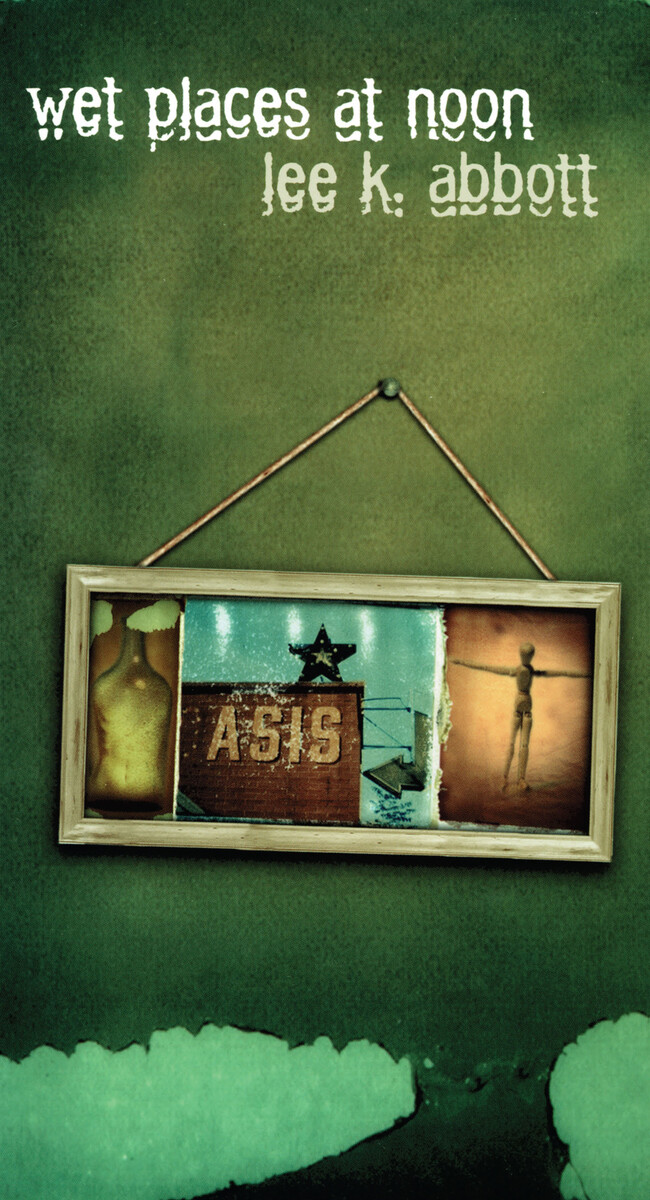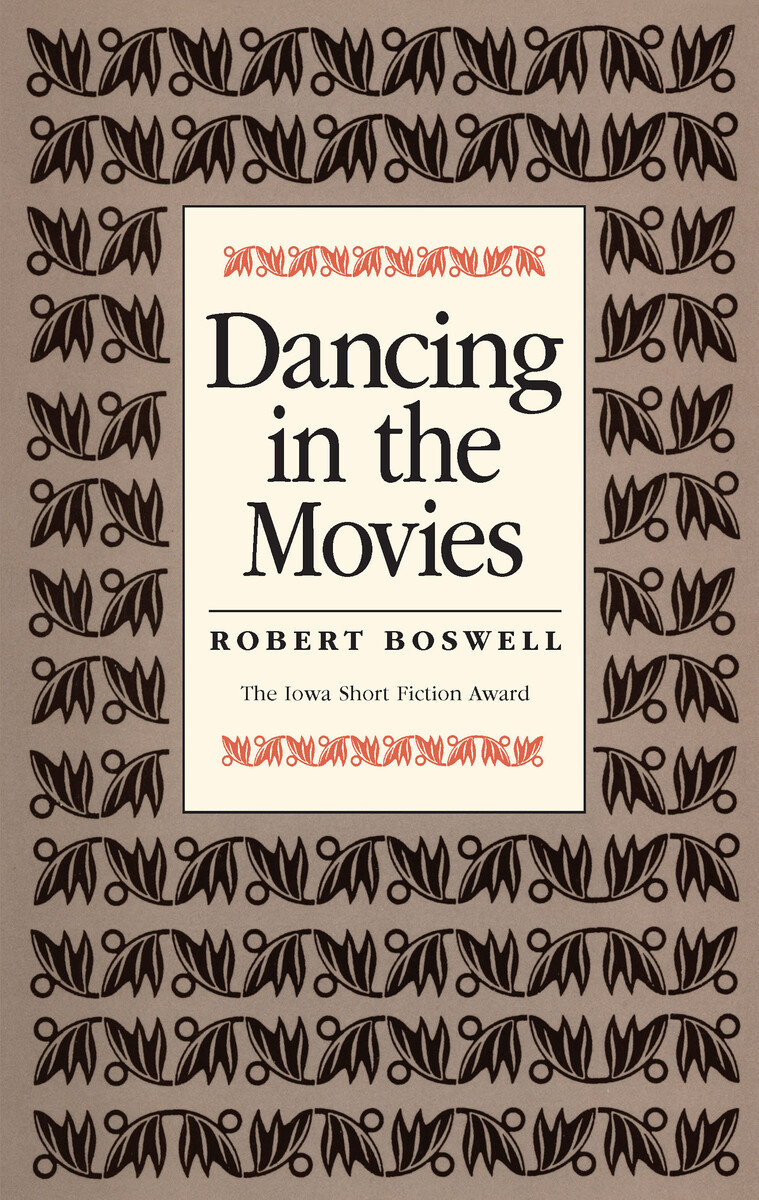“I had been wrong: love was not gone; it had been there, on two legs in front of me, and I, breathless and tongue-tied as an idiot, then stumbled backward from the door, the sidewalk rolling under my feet, trying to say good-bye.” All the men in Lee Abbott's collection of stories are stumbling backward from the door, trying to say good-bye yet still making and breaking promises as the door shuts for the last time—or does it? Castaways on their own turf, Abbott's devil-may-care men are given to spectacular, ruinous acts; contradictorily passive and energetic, they join together to fight their crazed interior and exterior ways.
Abbott's community is pure Americana, a wild world inhabited by gloriously street-smart smartasses: overeducated, underemployed men mourning for the confident women who have left them—or have they?—but knowing that equally confident women are just around the corner—or are they? His urgent, maximalist style allows their exhilarating voices to be heard and remembered.
Lee Abbott is a significant American writer, one of our culture's more compelling stylist, an acrobat of the word. Abbott's voice has the familarity of a front-porch storyteller, the voice of the guy in every picture of every high-school prom who has what he wrongly thinks is a firm grip on life and love and from that point thereafter disappears into an unkind world.”—Bob Shacochis
“Lee Abbott is a chief reason we go to the short story for its portrayal of the unannounced life. He celebrates the immensity in each character's moment, and he captures the gorgeous, sassy, and sometimes desperately joyous music with which we enchant ourselves. Wet Places at Noon is a muscular, crafty, and fond collection by a writer who matters enormously.”—Frederick Busch
“Abbott writes like a fallen angel. These are wild, vibrant stories, caustic and sardonic, wildly funny and bitter as grief, full of passion and perfidy. As his characters crash through burnt-over landscapes and tune into 'the talk talked by worms,' they bring us an odd kind of hope.”—Andrea Barret
The Way Sin Is Said in Wonderland
On Tuesday Nothing, On Wednesday Walls
A Man Bearing Snow
The Human Use of Inhuman Beings
How One Becomes the Other
As Fate Would Have It
A Creature out of Palestine
The Talk Talked between Worms


